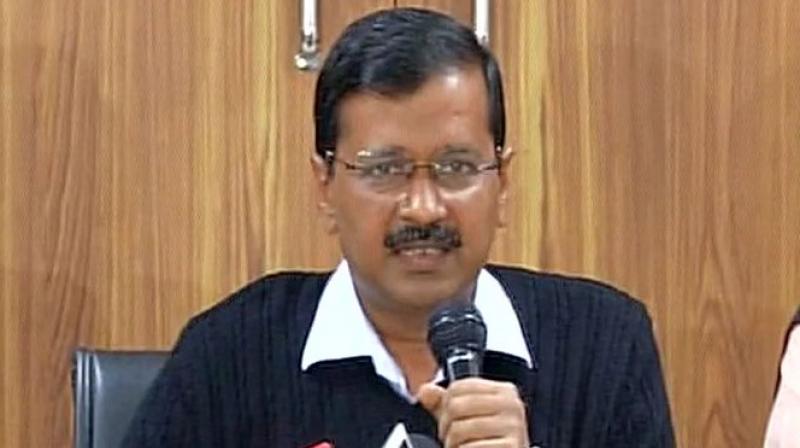BJP's Delhi triumph puts AAP on notice

Living up to its billing, the BJP swept to an unprecedented victory in Sunday’s Delhi civic elections, whose votes were counted on Wednesday. This can only mean very hard work ahead for the Congress, and the AAP having to return to the starting point as a political party, specially after its rout in the just-held Assembly polls in Goa and a poor showing in Punjab, where it had fancied its chances. The scale of the BJP’s victory is reminiscent of the saffron party’s extraordinary win in the UP Assembly poll. It can hardly be thought of as a public endorsement of the BJP’s handling of the city’s three municipal corporations, which was dismal, in the nation’s capital. Delhi became India’s filth capital, overflowing drains capital, pollution capital and dengue capital, but the voter still brought back the BJP.
It will be unrealistic — as the AAP has evidently done — not to see this as a vote for Prime Minister Narendra Modi’s party, and probably no other factor. Mr Modi, for reasons that are not wholly understandable, appears to command the respect of voters in most parts of India where electoral strength has been tested in recent times. A win like the one in the three municipal bodies of Delhi would have been impossible without the unequivocal backing of all classes and castes. As the AAP was not around at the time of the last Municipal Corporation of Delhi polls in 2012, it was not represented in the MCD. Now it has found only a marginal presence — a far cry from the Delhi Assembly election of 2015 in which the party won 67 of 70 seats. On the AAP’s present showing, it is hard to see how the party won’t be crushed in the next Assembly polls in Delhi. Indeed, the way things stand, the leadership of chief minister Arvind Kejriwal could now be a matter of speculation.
The AAP has said it was an “EVM wave” that Delhi saw, not a “BJP wave”. Simply not true, although the EVM machines have drawn criticism from many. (In the recent Mumbai civic polls, one candidate didn’t have a single vote to his name — not even his own — and this sparked a controversy about EVMs.) The Congress stood third in the MCD election, behind the far-trailing AAP. Apart from other things, this suggests that the party remains at war with itself. Former chief minister Sheila Dikshit, who was deemed very successful over a three-term reign, has said she wasn’t even asked to campaign. If the AAP and the Congress had joined forces, the BJP might not have had such a free run. But strategic thinking, and ego-shrinking, is not part of the current Indian political culture.

